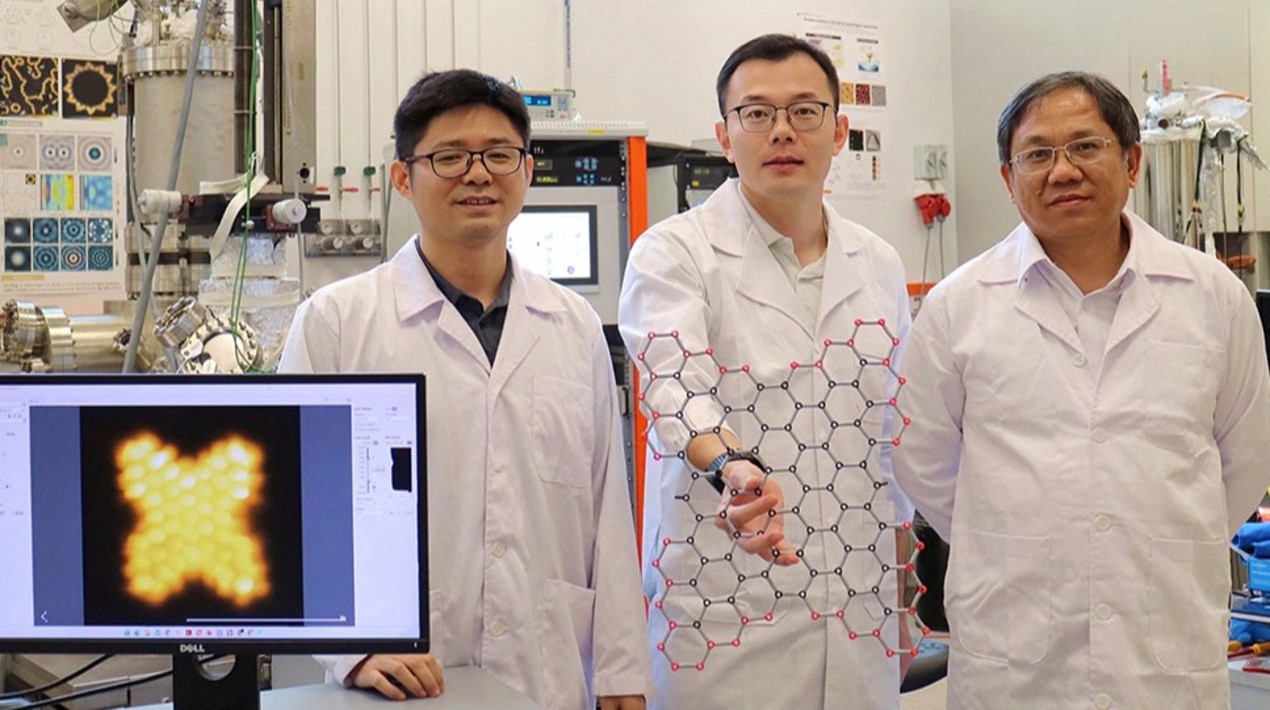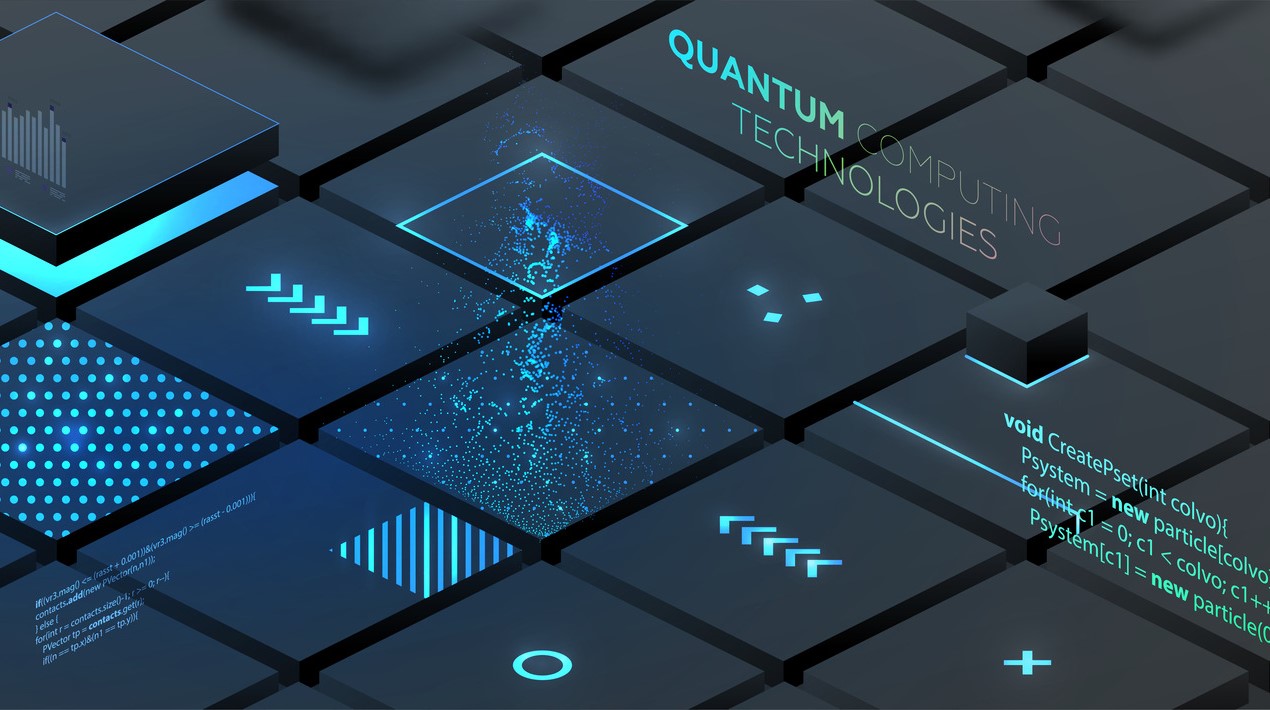
Digital agriculture, the practice of integrating advanced technology into farming, is driving China’s rural vitalisation. Digital technology is bound to play a bigger role in the country’s steps toward rural vitalisation and agricultural modernisation. The digitalisation of rural industries is key to developing the countryside, and it is a new driver of a sustainable rural economy.
Integrating new technology like big data, Artificial Intelligence (AI) and the Internet of Things (IoT) with crop and livestock production will be central to developing smart agriculture. The involvement of digital technologies across the supply chain will help increase efficiency while reducing costs.
The push toward digital agriculture is the result of a plan released in January last year aimed at improving smart agriculture and providing support for rural vitalisation in the years leading up to 2025. Jointly released by the Ministry of Agriculture and Rural Affairs and the Cyberspace Administration of China, the plan proposed building a basic data system for rural areas to facilitate targeted management and services. The plan highlighted research into and the use of intelligent agricultural machinery as well as the development of smart agriculture based on the internet of things, sensors, location systems, and robots.
Researchers from the Chinese Academy of Agricultural Sciences (CAAS) Institute of Agricultural Resources and Regional Planning used digital technology to promote a new oat variety in Huize county, Yunnan province. Since the adoption of digital agriculture in Huize in November 2017, oat cultivation has become central to poverty alleviation and rural vitalisation in the county. The team had access to the most comprehensive database of grass varieties as well as related cultivation methods and field management strategies for pest prevention, which provided technological support for agricultural development.
The team was finally able to select a suitable variety, and then they promoted it across the county. They were responsible for smart agriculture management in the oat fields, such as indicating through data when to weed and when to control pests. The digital centre they built in Huize also supports the cultivation of tomatoes and other crops. As a result, Huize is now considering turning to e-commerce platforms to expand the market for local agricultural products.
The national development plan mandates boosting agricultural digitaliSation and making breakthroughs in key technologies and equipment, including automated packaging lines and intelligent temperature-control systems. Companies in Zibo, Shandong province, have been encouraged to apply automated, mechanical, and intelligent equipment to develop agricultural production and management and boost the agricultural chain through digital technology.
China’s biggest mushroom log exporter, uses numerical control, big data, sensors, and 5G technology at the smart factory it built to cultivate shiitake mushrooms. The smart factory has automated production procedures including bagging, sterilisation, and stacking, and it has promoted digital technology in logistics and marketing.
Smart technologies are also used to operate high-temperature equipment that can ensure 100% sterilisation — vital to the uncontaminated growth of mushrooms — double the efficiency of traditional boilers. Intelligent settings have not only reduced manpower but also ensured the best indoor environment for mushroom cultivation.
The company plans to build a big data platform to collect figures across the entire supply chain of edible mushrooms around the world. Digital infrastructure is laying the foundation for boosting rural vitalisation through digital technologies. China should promote the construction of remote-sensing facilities in rural areas and improve the service and management of agricultural production driven by big data.
An expert at CAAS who participated in the formulation of the development plan said his team is working on a smart sensing system that integrates data gathered from satellites and drones and on the ground. Such data can produce an overall picture of the environment and agricultural production.
The system not only collects data from multiple sensors but also acts as a decision-support system for precise farm management by monitoring the growth of crops and environmental stress in terms of water, soil and air quality and the ecosystem. Moreover, the application of AI technology helps the smart diagnosis of crop health, so farmers know how and where to apply products like pesticides.
















